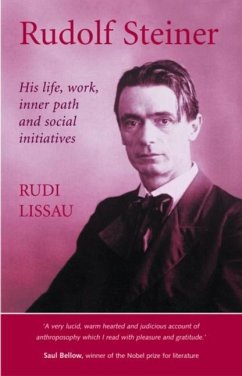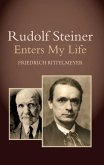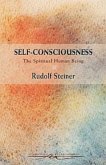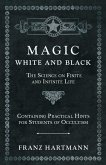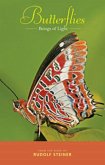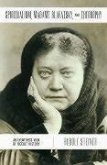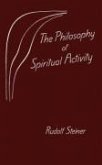Rudolf Steiner defined Anthroposophy as "the consciousness of one's humanity." His work is neither religious nor sectarian, but rather a universal and modern science of the spirits, appropriate to the being and consciousness of people today. This comprehensive overview of Steiner's life and work examines his revolutionary thinking on education, science, agriculture, the arts, and spirituality. Lissau explores the legacy of Steiner's unique vision and its challenge for the 21st century--to develop anthroposophic ideas in harmony with today's conditions. This fully revised edition features a new foreword and afterword.
Bitte wählen Sie Ihr Anliegen aus.
Rechnungen
Retourenschein anfordern
Bestellstatus
Storno

